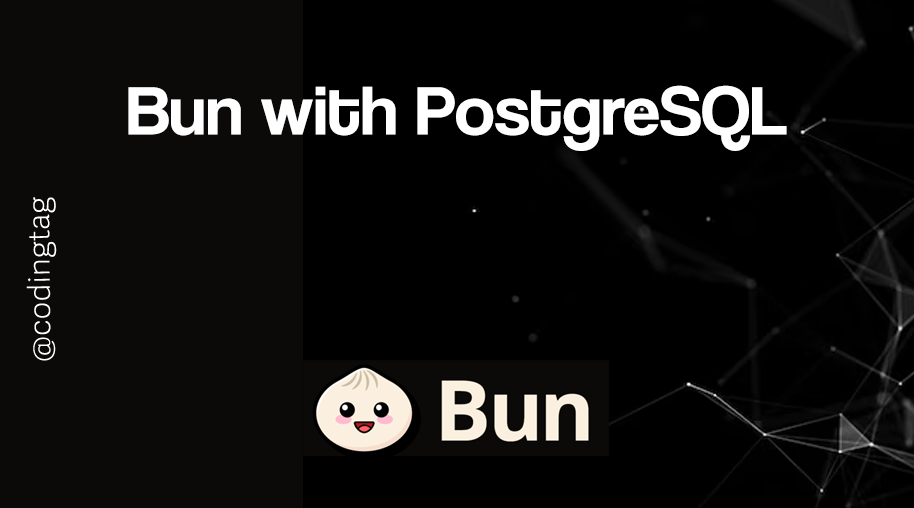Bun.js vs Deno.js
0 784
Introduction
In the evolving JavaScript landscape, modern runtimes are gaining attention as developers seek speed, security, and better tooling. Bun.js and Deno.js are two powerful alternatives to Node.js. While both aim to improve the developer experience, they approach the runtime challenge differently. This guide compares Bun.js vs Deno.js based on performance, features, security, and ecosystem to help you choose the best fit for your project.What Is Bun.js?
Bun.js is a fast JavaScript runtime built using the Zig programming language. It comes bundled with a transpiler, bundler, test runner, and its own package manager. Bun is designed to be a one-stop solution for building and running JavaScript/TypeScript apps with high performance and minimal configuration.What Is Deno.js?
Deno.js is a secure runtime for JavaScript and TypeScript, developed by Ryan Dahl, the creator of Node.js. It addresses many of Node’s design limitations, offering modern features like ES module support, TypeScript out of the box, and built-in security controls. Unlike Bun, Deno is written in Rust.Installation Experience
Both Bun and Deno offer simple installation steps. Here's how you install each:// Install Bun.js
curl -fsSL https://bun.sh/install | bash
// Install Deno.js
curl -fsSL https://deno.land/install.sh | sh
bun --version
deno --version
Performance Benchmarks
Bun is laser-focused on speed. Benchmarks indicate Bun executes JavaScript and TypeScript significantly faster than Deno in most cases, thanks to Zig’s low-level optimizations.// Bun - hello world
console.time("bun");
console.log("Hello from Bun!");
console.timeEnd("bun");
// Deno - hello world
console.time("deno");
console.log("Hello from Deno!");
console.timeEnd("deno");
TypeScript Support
Both runtimes support TypeScript out of the box—no extra tools required.// Bun.js - greet.ts
const greet = (name: string) => `Hello, ${name}`;
console.log(greet("Bun Dev"));
// Deno.js - greet.ts
const greet = (name: string): string => `Hello, ${name}`;
console.log(greet("Deno Dev"));
Security Features
Deno is built with security-first principles. It denies file, network, and environment access by default, requiring explicit permissions:deno run --allow-net server.tsBuilt-in Tooling Comparison
| Feature | Bun.js | Deno.js |
| Runtime | Yes | Yes |
| Bundler | Built-in | Third-party (e.g., esbuild) |
| Package Manager | Bun’s native manager | No package manager (URL imports) |
| Test Runner | Built-in | Built-in |
| TypeScript | Built-in | Built-in |
| Security Model | Not enforced | Strict permission-based |
Ecosystem and Module Management
Bun supports npm packages directly, allowing developers to tap into the vast npm ecosystem:bun add expressimport { serve } from "https://deno.land/std@0.203.0/http/server.ts";Developer Experience
Bun focuses on performance and simplicity. You can spin up a project and run it in seconds with minimal boilerplate. Deno offers more polished tooling, intelligent error messages, and better support for web standards. However, the learning curve might be steeper for new developers.When to Choose Bun or Deno
- Use Bun.js if you want blazing-fast performance, npm support, and built-in tooling for modern frontend/backend development.
- Use Deno.js if you prioritize security, prefer using web standards, and are building modern, permission-aware applications.
Conclusion
Bun.js and Deno.js are reshaping the future of JavaScript runtimes. While Bun is all about speed and ease of use with npm support, Deno is designed for security, stability, and standards compliance. Your choice depends on your project’s priorities—whether it's raw speed, ecosystem compatibility, or secure architecture. Both are excellent tools and are actively evolving, making it an exciting time to be a JavaScript developer.If you’re passionate about building a successful blogging website, check out this helpful guide at Coding Tag – How to Start a Successful Blog. It offers practical steps and expert tips to kickstart your blogging journey!
For dedicated UPSC exam preparation, we highly recommend visiting www.iasmania.com. It offers well-structured resources, current affairs, and subject-wise notes tailored specifically for aspirants. Start your journey today!

Share:







Comments
Waiting for your comments